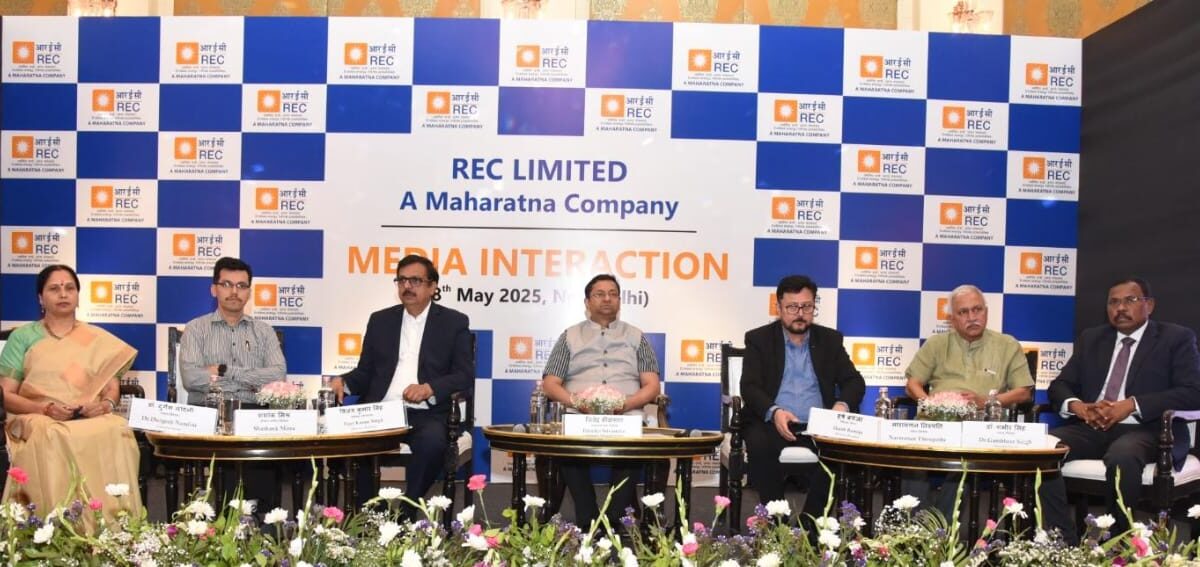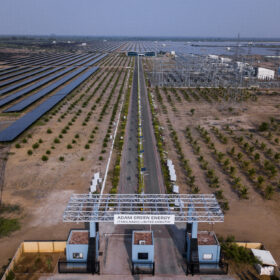Reducing greenhouse gas emissions like CO2 is an integral element of fighting climate change. Given this fact, the government is planning to set up and advance the Indian Carbon Market (ICM). The central objective of this undertaking is to decarbonize the economy by pricing the emissions of GHGs and issuing carbon credit certificates.
India has an energy savings-based market mechanism, also known as an emissions trading system. But to make it a reality, economic incentives need to be given to companies. It has been a year since the Indian parliament passed the energy conservation bill 2022 meant to govern the Indian carbon credit market. Still, the situation is at a nascent stage.
A carbon credit is equivalent to offsetting or removal of one ton of carbon dioxide from the atmosphere. Each industry has a cap, a certain limit up to which a company can emit greenhouse gases. This amount is usually proportional to the historical emissions of that particular industry.
If they emit less than the permitted threshold, they are awarded Carbon Credit Credentials. On the flip side, if a company emits excess to the threshold, either they’ll have to purchase Carbon credits from the organizations that have been issued such certificates or they’ll have to pay a penalty to the government. This is also called the cap-and-trade system, or the emissions trading system (ETS).
Credits and offsets are based on the same basic unit– the equivalent of one ton of carbon emissions, also known as CO2e. When one company captures a unit of carbon from the atmosphere using some green technology (this process is called carbon sequestration), it can generate a carbon offset. Other companies can then purchase that carbon offset to reduce their carbon footprint.
The first carbon credit market was set up under the 1997 Kyoto Protocol on climate change, but because of corruption, the market fell apart. The EU-ETS and the Korean ETS were launched in the years 2005 and 2015 respectively. The global ETS market stands at around 63 billion dollars. India’s first ETS was set up in Surat and was launched with a lot of commotion in 2019. It resulted in a reduction of pollution by 24%.
The World Bank has committed to providing $1.5 billion in financing to accelerate India’s quest for a green energy transition. The Ministry of Power has notified about the domestic framework of the carbon credit market scheme to encourage mitigation. ICM is in place to achieve the NDC (Nationally Determined Contribution) goal of reducing emission intensity by the year 2030.
The Indian government has introduced schemes and initiatives like tax exemptions and subsidies to boost renewable energy projects. The process of project approvals has also been accelerated to ensure ease of doing business in the carbon credit sector. Such measures instil confidence among domestic and foreign investors.
Carbon credits is an extension of our commitment to climate change mitigation and sustainable development, that’ll unlock a slew of economic and environmental benefits. Large-scale carbon mitigation projects have high revenue generation prospects, making India a lucrative market. ICM is currently trying to meet international norms and standards to achieve the goal of reaching net zero by the year 2070.
The views and opinions expressed in this article are the author’s own, and do not necessarily reflect those held by pv magazine.
This content is protected by copyright and may not be reused. If you want to cooperate with us and would like to reuse some of our content, please contact: editors@pv-magazine.com.








By submitting this form you agree to pv magazine using your data for the purposes of publishing your comment.
Your personal data will only be disclosed or otherwise transmitted to third parties for the purposes of spam filtering or if this is necessary for technical maintenance of the website. Any other transfer to third parties will not take place unless this is justified on the basis of applicable data protection regulations or if pv magazine is legally obliged to do so.
You may revoke this consent at any time with effect for the future, in which case your personal data will be deleted immediately. Otherwise, your data will be deleted if pv magazine has processed your request or the purpose of data storage is fulfilled.
Further information on data privacy can be found in our Data Protection Policy.